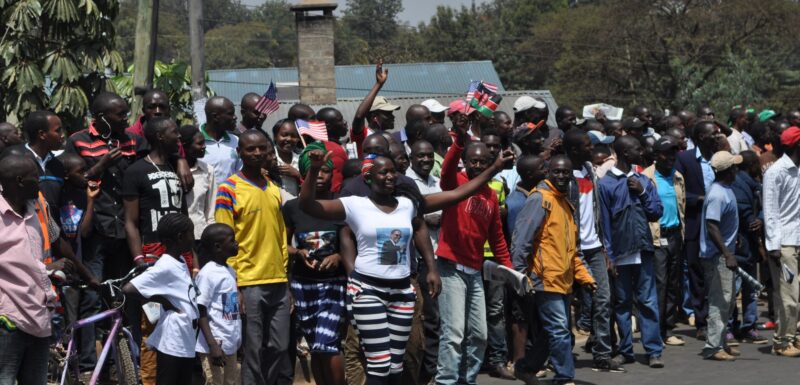Oliver Bakewell, Javans Okhonjo Wanga Whether people are migrating freely in the hope of improving their quality of life or fleeing as refugees to save their lives in the face
Tag: Ethiopia
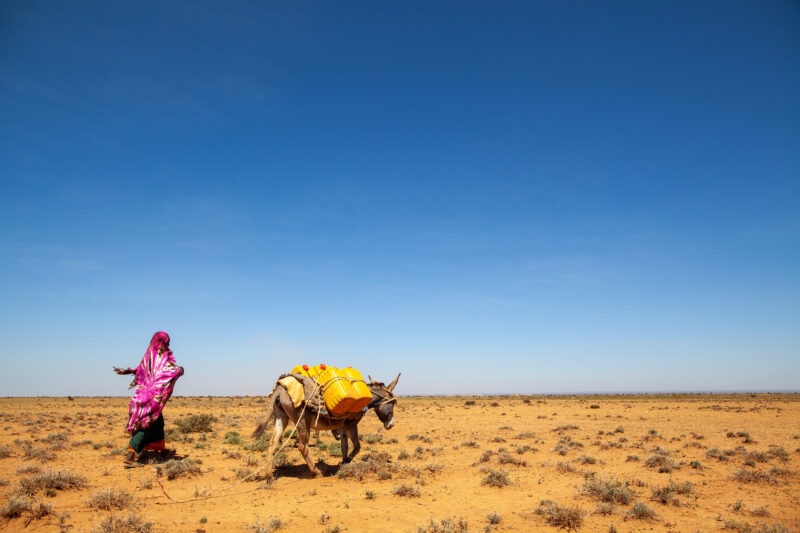
Bridging the gap: environmental change, mobility and policy in Ethiopia’s Somali Region and Somaliland
Abdirahman Ahmed, Mohamed Fadal, Maissoun Hussein, Padmini Iyer, Louisa Brain Environment and mobility are closely linked in a myriad of complex and contextualised ways. Environmental change, in conjunction with a

“We have impoverished each other”: the depletion of resources for host communities and the dilemma of durable solution for the IDPs in the Konso Zone and the Benishangul-Gumuz Region of Ethiopia
Ethiopia set a world record for internally displaced people (IDPs) two times (in 2018 and 2021) in three years. As of March 2022, an estimated 5,582,000 persons were displaced within
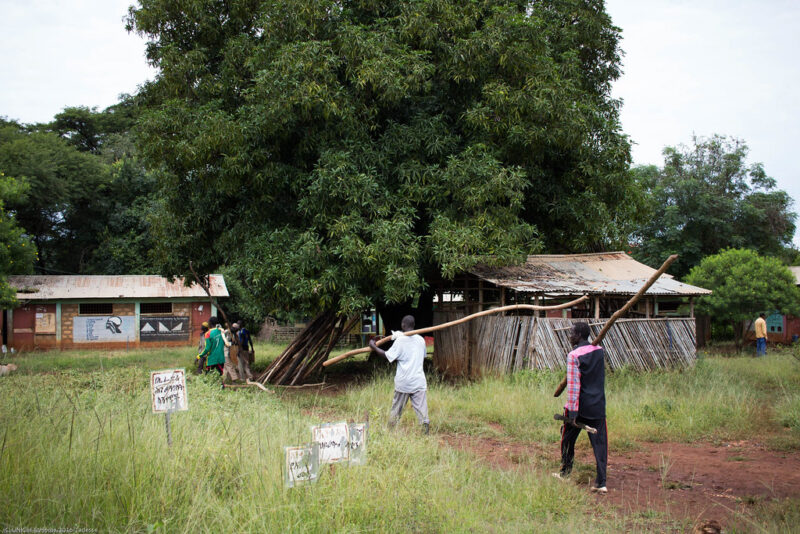
Conflict and displacement in Ethiopia: the case of Benishangul-Gumuz Regional State and Konso Zone, Southern Nations, Nationalities and Peoples Region
Fekadu Adugna, Ketema Debale Since 2017, Ethiopia has been experiencing internal displacement as a result of violent conflict and natural disasters. The magnitude of these internal displacements is unprecedented in
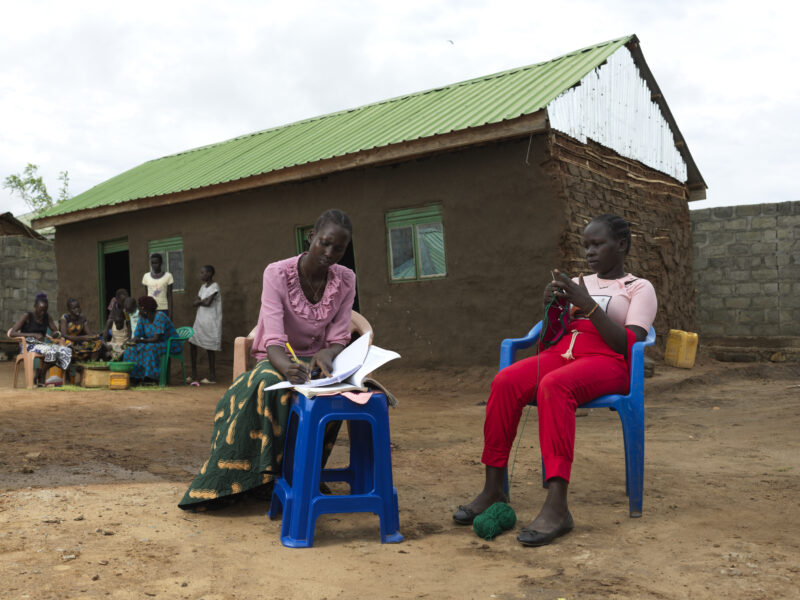
Leveraging cross-border cooperation: a durable solutions approach to the South Sudan displacement crisis
People in South Sudan have experienced decades of forced displacement and cross-border mobility, resulting in families split across the country and neighbouring Sudan, Kenya, Ethiopia and Uganda. As of 2021,

Caught between a rock and a hard place: Conflict, displacement, and drought in Konso, Ethiopia
This blog is related to an upcoming research study on conflict and displacement in two regional states in Ethiopia. “… Whether we stay in this camp or return to our

The Global Compacts on Migration and Refugees: taking stock of progress and the way forward in the Horn of Africa
Felicity A. Okoth Four years after the adoption of the Global Compact on Refugees (GCR) and the Global Compact for Safe, Orderly, and Regular Migration (GCM) at the UN General

Taking Stock: Recent & Upcoming Research
The Research and Evidence Facility (REF) was established in May 2016 to conduct research relevant to the formulation and implementation of EU Trust Fund activities in the Horn of Africa.
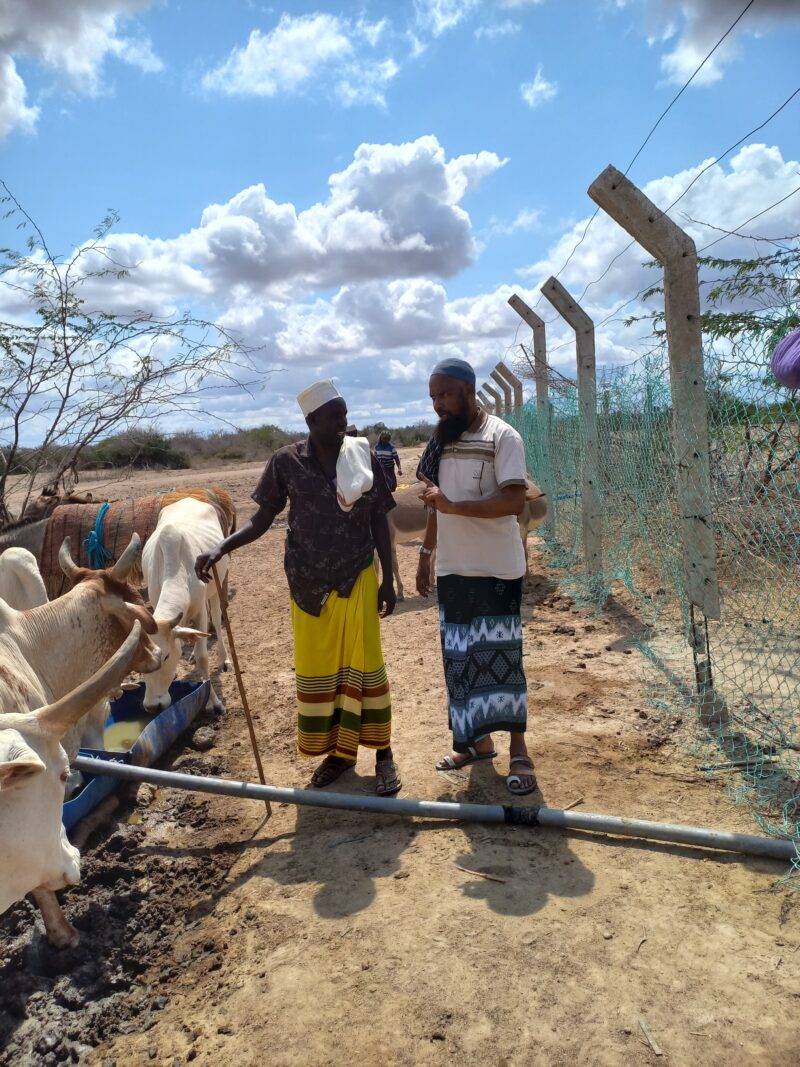
Closing the environment-migration gap in climate policy and programmes in the Horn of Africa
This blog series is related to the REF’s ongoing study on climate change and migration in the Horn of Africa. This research study is being carried out in Ethiopia (Somali
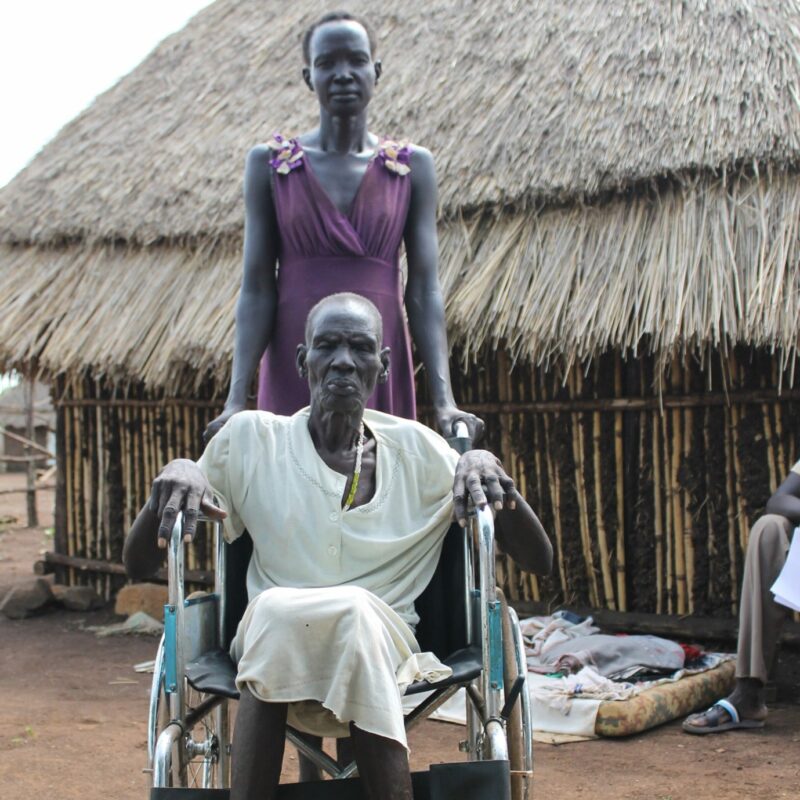
Disability Inclusion of Refugees in Ethiopia and Recommendations for Future Practice
This policy brief presents the findings and recommendations from a study, on disability inclusion for refugees in Ethiopia. The study examines the experiences, protection needs, barriers to, and opportunities for
